Identity Crisis
Must a writer have a split personality to write under different names?
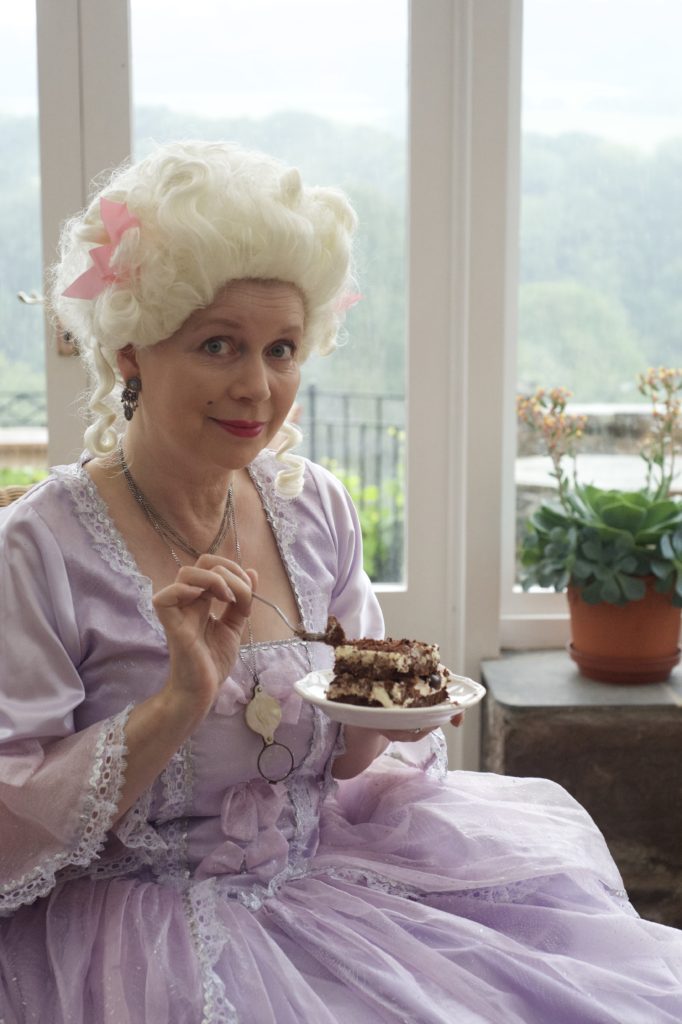
As you may know, I write under several different names. The main reason for this is the pursuit of clarity. Each pen name is attached to a different genre or style of writing. The hope is that booksellers, librarians, readers, and other humans, will then be able to choose one of my books without their expectations being disappointed.
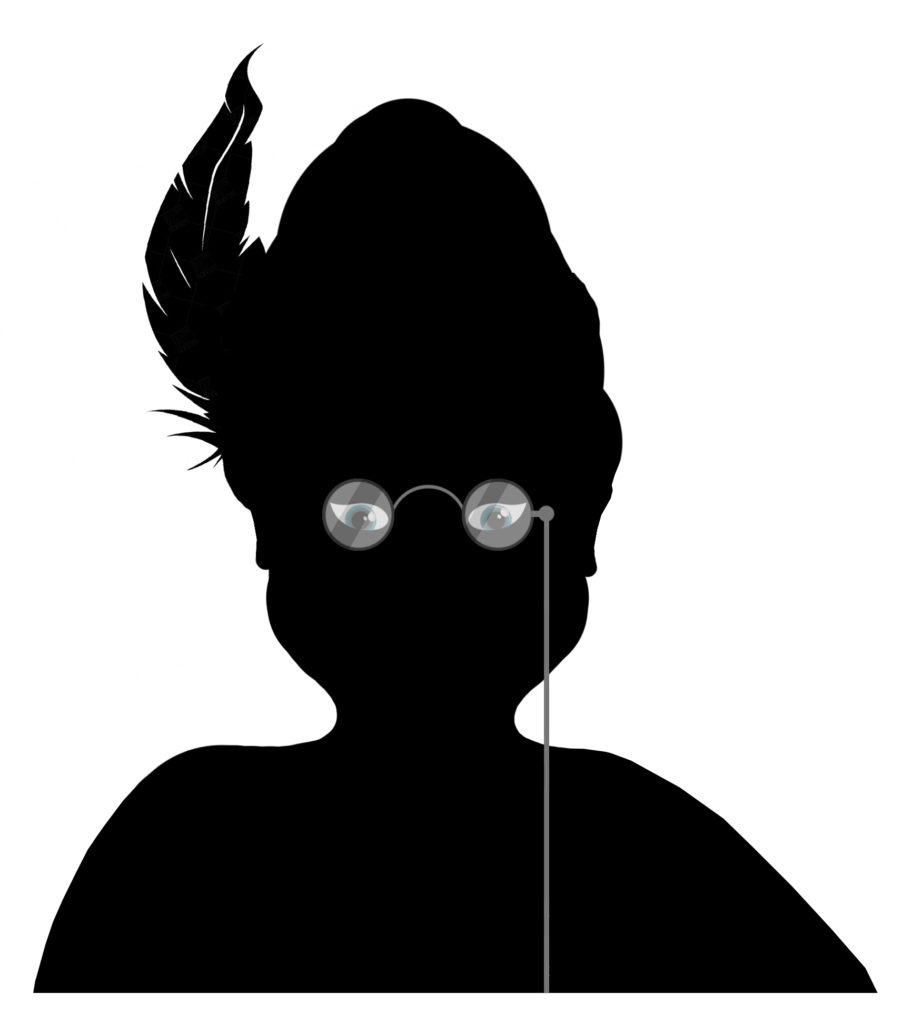
I am often asked how it feels to write as a new person. This is a more astute question than it might at first seem. Obviously, I am still me, whatever name I use. And yet… there is something about adopting another persona, taking on a separate identity, that brings about a small but profound shift in me as a writer. Sorry if that sounds a bit artsy, but it’s true. When I write about Detective Gretel, for instance, I use my initials, PJ, instead of my first name. It’s not this detail in itself that brings about a change in me and my work, more what it signifies. I am no longer Paula-Brackston-writer-of-the-books-my-readers-know. I am Writing Something Different. And the writing is different. Not simply because the books are a separate genre (historical-crime-comic-fantasies, seeing as you ask) but because I am writing in a new voice.
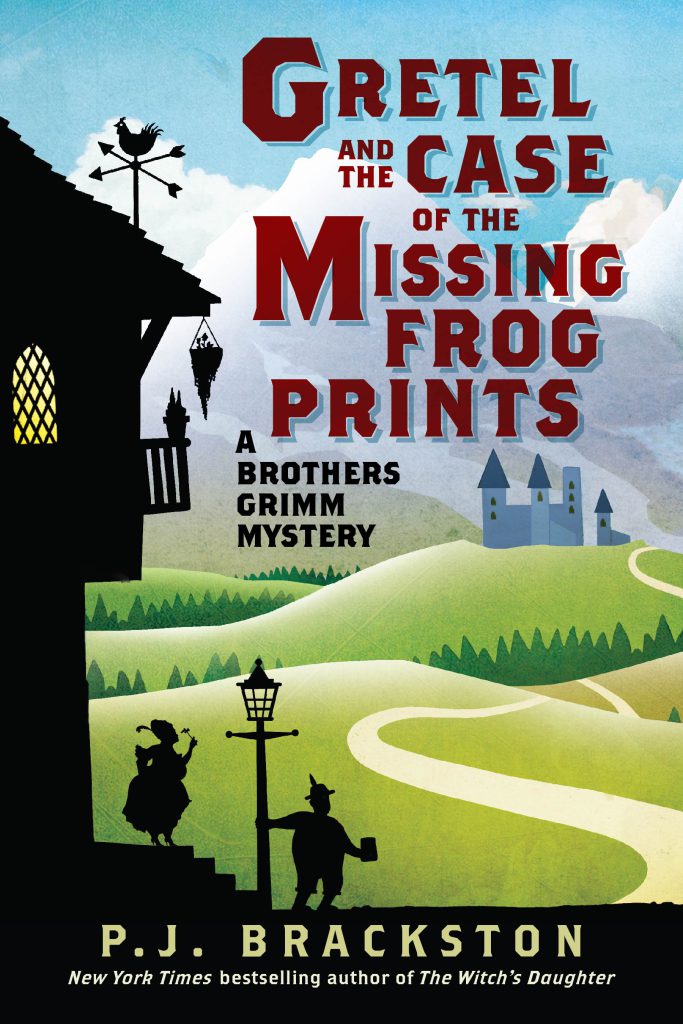
Many writers talk of how it took them years to find their voice. In fact, I’ve had reviewers and publishers and agents tell me that, with a certain story, I have at last found my voice. This is news to me. I wasn’t aware I had lost it. I am of the opinion that I write in different styles, and that each style is determined by the voices of my characters. Still with me? I do not believe that I have one writing voice that I have discovered after writing millions of words. I actually think I write in a style that suits each particular book, and that what you hear is the voice of the character at the centre of the story. So, for instance, when I write about Detective Gretel, I hear her voice as I write. She is the one sitting at my shoulder, describing the events, speaking the dialogue, telling me what I should say and how I must write it down.
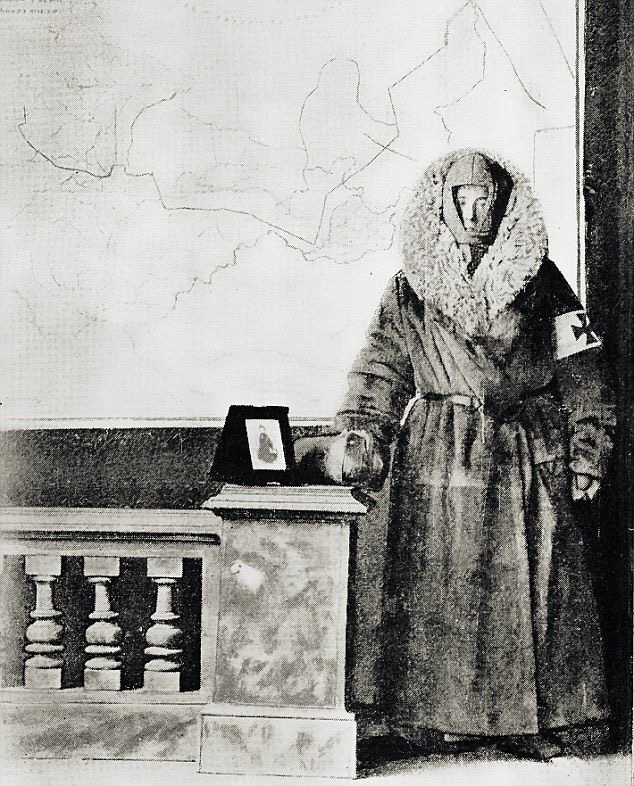
Similarly, when I wrote a fictionalised version of the story of the real life British nurse, Kate Marsden, she was the one I could hear. It was her voice I attempted to capture on the page and to write into the story. As this was a literary novel, inspired by a real person, I adopted another name. Mabli, because of my love of and connection to Wales, and Roberts as it is a family name. However, those connections were not what I felt when writing the book. I was not writing in the voice of Mabli. She (I?) was merely a conduit for Kate (both the real and the fictional one).
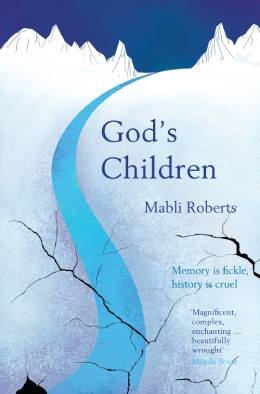
I actually think I have an easier time of it, writing as a character, than I might if I were still hunting for my own voice. The technical aspect of the point of view in the story does not seem to make a difference. Sometimes I use first person, sometimes subjective third, sometimes omniscient. It matters not. What matters is that the character I have created has come to life sufficiently to allow her or him to inhabit me and speak through me. So that if I am writing as PJ, I connect with Gretel; as Mabli, I connect with Kate; as Paula, I connect with my witches or with Xanthe, as PJ Davy, I connect with Rufus. Which means that yes, this writer does have to have a split personality, but does this give me an identity crisis? Not at all. I always know exactly who I am when I am writing, because my characters tell me.
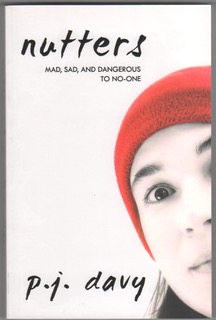
I honestly think that is a brilliant way to separate your different styles of books. It also helps you to “put on a different hat” to really get into what you are trying to write since it will be different than other books you have written. I believe that you think that readers may pigeon hold you in a specific type of story if you used the same name for all of them is correct. It happens to actors all the time and I have watched interviews with them and they would state it’s frustrating and doesn’t allow them to branch out into other roles. We do see many actors who play the villain continue to do so in most if not all of the movies they do. I don’t believe it is by choice though. If they want to work, they take the jobs that they are offered or expected to do. I think that if I ever wrote a book (which I’m pretty sure I will not since I lack a large vocabulary and thank goodness for spellcheck!) I would change my name a bit then how I use it in day-to-day life. My initials, maiden name, or another family name, etc. It would help to keep my personal life separated from that and I find that seems comforting.
You make an interesting comparison with actors getting type cast. There is definitely an expectation that writers will continue to produce the same thing over and over. And to an extent we want to and we do! But we also want the creative freedom to branch out and explore other possibilities. If you decide to have a go at writing you might surprise yourself by wanting to keep your own name attached to your work. Writers are a strange mix of show offs and introverts!
That was a joy to read! Insightful but also concise; makes it possible for us readers to imagine the joy you experience when you pick up that pen! Also, I LOVE the photo with the lilac dress and powdered wig – very Gorgette Heyer! I did find myself looking at the other prop in the photo, though, and wondering: Tiramissu?
Thank you, Tracey. I enjoyed dressing up as Gretel far too much! The cake was Black Forest Gateau. All the cakes at the book launch were from Bavaria, to be certain they would have met with Gretel’s approval.